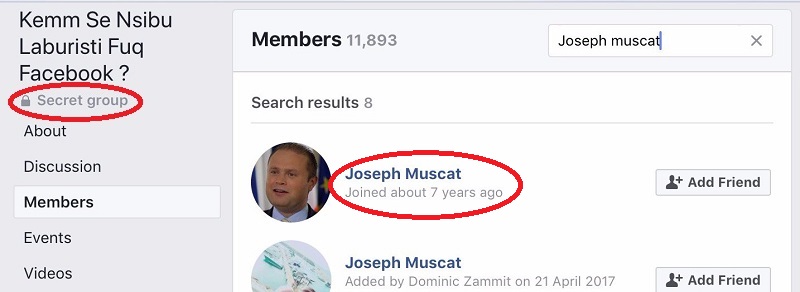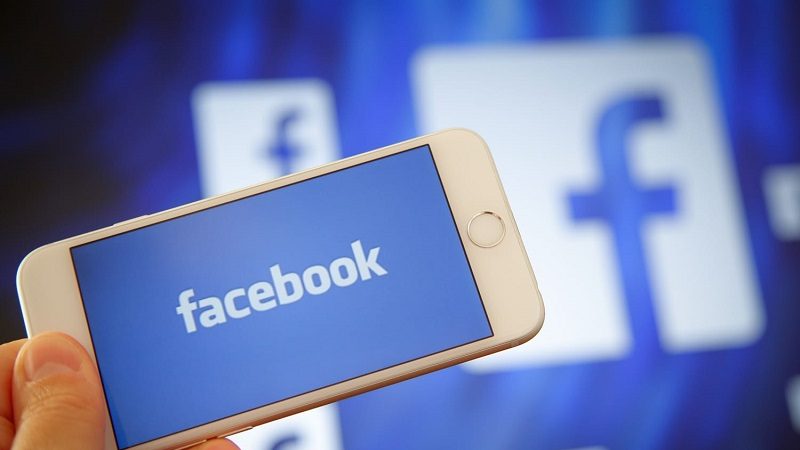How often have you, as a Facebook user logged off your account feeling, at best, guilty about the time wasted and, at worst, angry that you’ve wasted that time arguing back and forth with someone whose mind you obviously have not changed?
Let’s face it – Facebook is bad for you, we know it, even Facebook knows it. Behavioural psychologists have long been wary about the social platform’s meteoric rise and its unbridled use.
There are studies that have looked into the psychology of those excessively flaunting their love and relationships on Facebook, while others have assessed the link between the feelings of loneliness and social media use.
It was not until the US elections’ Cambridge Analytica scandal and Facebook owner Mark Zukerberg’s inadequate answers to the questions put to him by the European Parliament that the spotlight was truly directed towards the social media giant and its role in unfolding political events.
We all know how the platform is now openly being used to intimidate and harass public and private persons, journalists, government critics and minorities.
Facebook has also been singled out for its slack monitoring of disinformation as well as for allowing hate groups to flourish as a contributing factor towards horrific situations such as the persecution of the Rohingya in Myanmar.
Why isn’t Facebook doing more to address these issues? It keeps saying it’s going to change, to review its data practices and to be more thorough in removing Fake News posts and hate groups, but many doubt if the company will really follow through.
READ MORE: Investigating Joseph Muscat’s online hate machine
Why? Well, it’s because the core of Facebook’s business model is to turn user data into profit. This is done via advertising which amounts to 98% of Facebook’s global income.
Last year alone Facebook recorded almost $40 billion in advertising revenue.
How do they achieve this? Easy: every time you see an advert on Facebook, Facebook makes money. And the more time you spend on Facebook, the more money they make. So Facebook’s real aim, despite Zukerberg’s contrition, is to keep users on its website for as long as possible, and they have also figured out exactly how to do so — through polarisation and conflict.
For Facebook, the human impulse to get into an argument and stay there, with the possibility of hurling ghastly insults at someone from the comfort of one’s computer or mobile phone is really good business.
Making people feel scared and angry is profit. Facebook is therefore unlikely to do anything substantial about it. Watch The Daily Show with Trevor Noah’s comparison of what Facebook would look like if it were a bar (this analogy is of course lost on the Chris Cardonas of this world).
So jump right into the fray, dear troll, populate your government-approved Labour hate groups and get creative with those insults.
Pro-lifers please keep at it with your doctored shock images, and pro-choicers please mock them from your moral high ground.
Whatever side you’re on within the PN great divide, come on, thrash it out on Facebook. If you support Labour, go on call the other side scum, traitors, bitches, witches and all the colourful insults cooked up over the years.

You can also get into a fight with Italian Facebook users about rescuing migrants at sea, if you haven’t done so already.There’s so much conflict to choose from, take your pick.
It may look like Facebook is having a bit of an image problem, but it is probably laughing at us all the way to the bank. Yet where does that leave us?
Some questions you might have after reading this:
Is it just Facebook that’s the problem?
No, other social media platforms such as Twitter and Reddit have also come under great scrutiny for their inability to properly address abusive behaviour, as has the commenting platform Disqus.
Who is the older guy being interviewed in the video link you posted?
That is Roger MacNamee, one of Facebook’s early investors and originally, one of Mark Zukerberg’s mentors. He is now one of the company’s most outspoken critics.
Are you aware that you are now asking us to comment on this article on Facebook?
Yes, ironic isn’t it? That’s how dependent we’ve become on Facebook. It is impossible for a news portal to be independent of social media platforms, because that’s where you all are. So, please share…












